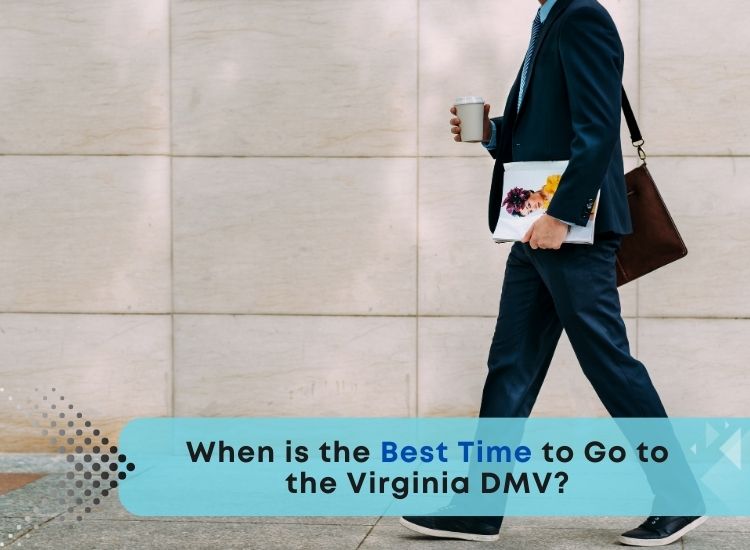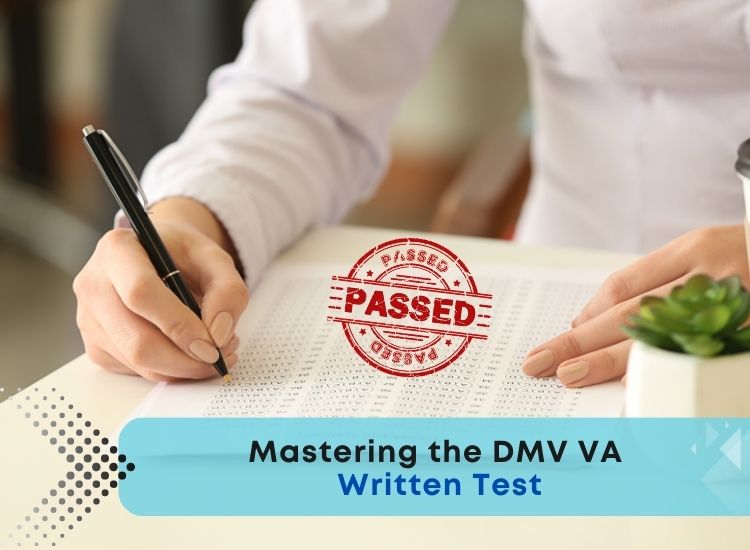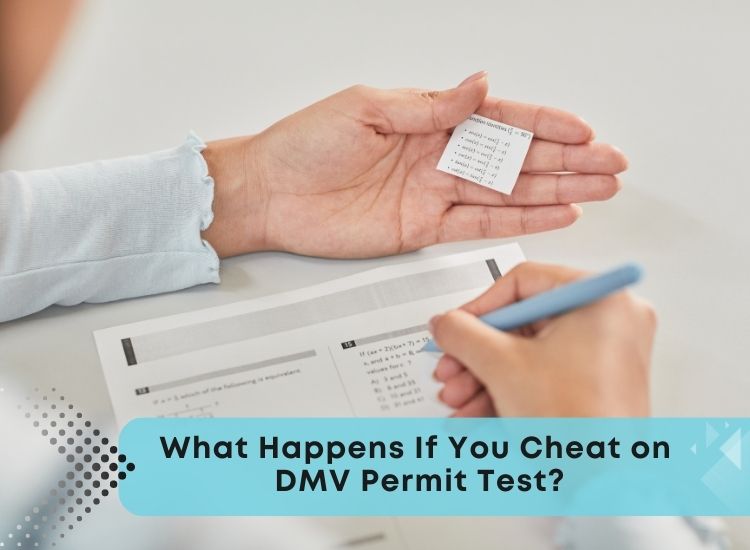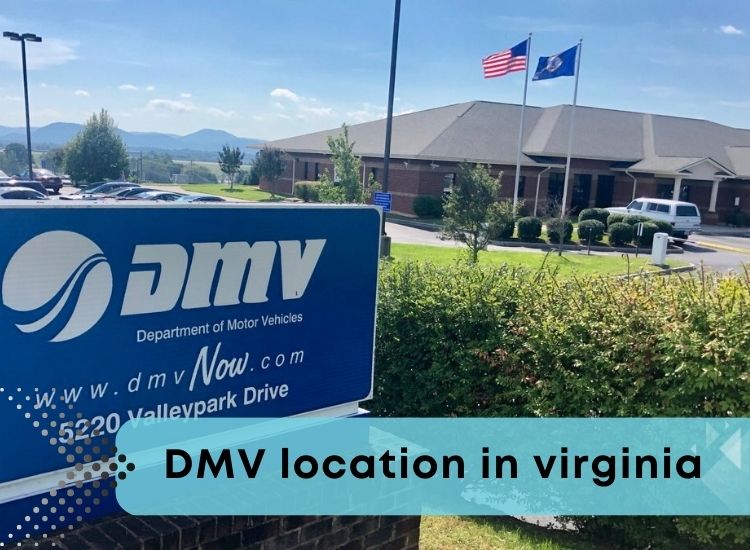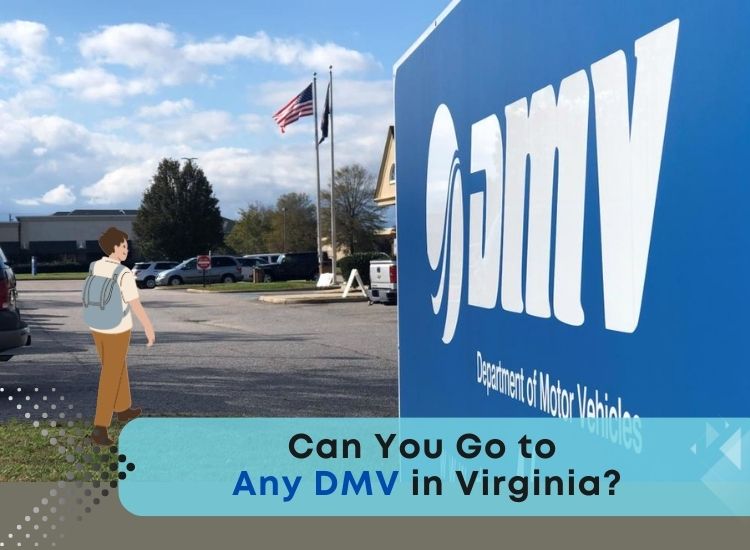DMV Virginia Hours: Plan Your Visit
Are you planning to visit the DMV (Department of Motor Vehicles) in Virginia? Whether you need to renew your driver’s license, register a vehicle, or take a knowledge test, it’s essential to plan your visit ahead of time. Understanding the DMV Virginia hours, scheduling appointments, and preparing the necessary documentation can save you time and ensure a smooth experience at DMV Virginia.
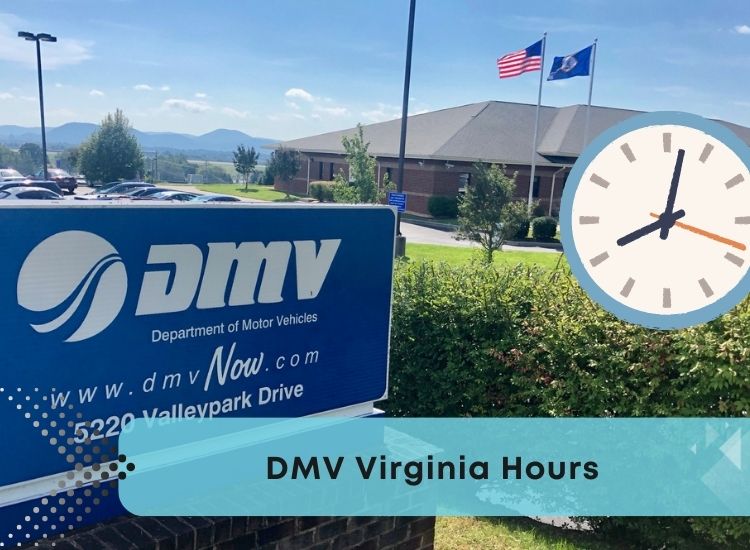
Introduction
The DMV Virginia plays a crucial role in managing driver’s licenses, vehicle registrations, and various other motor vehicle-related services in the state. Planning your visit to the DMV is essential to avoid long wait times and ensure you have all the necessary documents for a successful transaction.
DMV Virginia Hours
Knowing the operating hours of DMV Virginia is the first step in planning your visit. The DMV generally follows a specific schedule, but it’s essential to be aware of any variations or special hours, especially during holidays or unforeseen circumstances.
Weekday Hours
On weekdays, DMV Virginia typically operates from Monday to Friday. The standard operating hours are from 8:00 AM to 5:00 PM. These hours are convenient for those who prefer visiting during regular business hours. However, keep in mind that the DMV might experience peak hours during lunch breaks or after-work hours, leading to longer wait times.
Saturday Hours
DMV Virginia understands that many individuals have busy work schedules during weekdays. To accommodate such cases, selected DMV offices offer services on Saturdays. The Saturday hours vary by location but generally range from 8:00 AM to 12:00 PM. It is advisable to check the specific DMV office you plan to visit for their Saturday operating hours.
Sunday Hours
Unfortunately, DMV Virginia does not provide services on Sundays. It is important to plan your visit accordingly and avoid scheduling any essential transactions on Sundays.
Holiday Closures
DMV Virginia observes certain public holidays and remains closed on those days. Common holidays when DMV Virginia offices are closed include: New Year’s Day, Independence Day, Thanksgiving Day, and Christmas Day. It’s recommended to check the DMV website or contact their customer service in advance to ensure you plan your visit around these closures.
Extended Hours
In certain situations, DMV Virginia may offer extended hours to accommodate individuals who are unable to visit during regular operating hours. These extended hours are typically announced in advance and may vary by location. It’s advisable to check the DMV Virginia website or contact their customer service to inquire about any upcoming extended hours if you require services outside of the standard operating hours.
When Does the DMV Close in VA?
Scheduling an Appointment
To avoid long wait times at DMV Virginia, it is highly recommended to schedule an appointment for your visit. The DMV offers an online appointment scheduling system, allowing you to select a convenient date and time for your transaction. By scheduling an appointment, you can bypass the regular walk-in line and receive expedited service. Remember to arrive a few minutes before your scheduled appointment to ensure a smooth process.
Online Services
DMV Virginia provides various online services to make your experience more convenient. Through their website, you can access a range of services, including license and registration renewals, address changes, and even scheduling appointments. Utilizing these online services can save you time and effort by completing certain transactions from the comfort of your home. Be sure to check the DMV Virginia website to explore the available online services and determine if your specific transaction can be handled online.
Introducing the Virginia DMV Appointment System – An Efficient Way to Book Your Appointment
Preparing for Your Visit
Preparing for your visit to DMV Virginia is essential to ensure a successful outcome. Here are a few tips to help you get organized:
- Gather Required Documents: Before visiting the DMV, make a checklist of the documents you need for your specific transaction. Whether it’s renewing your driver’s license or registering a vehicle, having all the necessary paperwork ready will save you time and prevent any delays.
- Complete Forms in Advance: Many transactions at the DMV require filling out forms. To expedite the process, download and complete the necessary forms beforehand. This will streamline your visit and minimize the time spent at the DMV office.
- Double-Check Requirements: DMV Virginia may have specific requirements for certain transactions. Take the time to review the DMV’s website or contact their customer service to ensure you have all the necessary documents and meet any additional criteria.
Required Documentation
The documentation required at DMV Virginia varies depending on the service you need. Here are some common documents you might need for different transactions:
- Driver’s License Renewal: Current driver’s license, proof of address, and payment for the renewal fee.
- Vehicle Registration: Vehicle title, proof of insurance, emissions test results (if applicable), and payment for registration fees.
- License Plate Transfer: Vehicle title, current license plates, proof of insurance, and payment for transfer fees.
Remember to check the specific requirements for your transaction to ensure you have all the necessary documents to avoid any complications during your visit.
Renewing Your Driver’s License
Renewing your driver’s license at DMV Virginia is a straightforward process. Here’s a step-by-step guide:
- Check Eligibility: Verify if you are eligible for online renewal. DMV Virginia offers online renewal options for certain cases.
- Gather Required Documents: Collect your current driver’s license, proof of address, and payment for the renewal fee.
- Schedule an Appointment: If required, schedule an appointment or check the walk-in hours for your local DMV office.
- Visit the DMV: Arrive at the DMV office at your scheduled appointment time or during walk-in hours. Present your documents and complete any necessary forms.
- Take a New Photo: In some cases, you may need to have a new photo taken for your driver’s license. Follow the instructions provided by the DMV staff.
- Take the Knowledge Test: If your driver’s license renewal requires a knowledge test, you will be directed to a testing area. Follow the instructions provided and complete the test.
- Pay the Renewal Fee: Once all the necessary steps are completed, pay the renewal fee either at the counter or online, depending on the DMV’s procedures.
- Receive Temporary License: After successfully renewing your driver’s license, you may receive a temporary license while your new one is being processed. The temporary license will be valid until you receive the updated card in the mail.
Vehicle Registration
Registering a vehicle at DMV Virginia is a crucial step for vehicle owners. Here’s an overview of the registration process:
- Prepare Required Documents: Gather the necessary documents, including the vehicle title, proof of insurance, emissions test results (if applicable), and payment for registration fees.
- Schedule an Appointment or Visit Walk-In: Check if you need to schedule an appointment for vehicle registration or if walk-ins are allowed. Plan your visit accordingly.
- Complete the Application Form: Fill out the vehicle registration application form with accurate information. You can download the form from the DMV Virginia website or obtain it at the office.
- Submit Documents and Pay Fees: Present your completed application form, vehicle title, proof of insurance, emissions test results (if applicable), and payment for registration fees to the DMV staff. They will review the documents and process your registration.
- Receive Registration Documents: Once the registration process is complete, you will receive your registration card, license plates, and stickers. Make sure to place the license plates on your vehicle as instructed.
License Plate Transfer
With these steps, you should be able to successfully transfer your license plate to your new vehicle in Virginia:
- Obtain the necessary documents: You’ll need the current registration card for the vehicle the plate is currently on, the new vehicle’s title, and proof of insurance for the new vehicle.
- Visit your local Virginia DMV office: Go to your local DMV office, and bring the necessary documents with you.
- Complete the application: Fill out the Application for Transfer of Registration (Form VSA-14). You can fill out this form online or in person at the DMV office.
- Pay the fees: There is a $10 transfer fee for transferring a license plate in Virginia. You can pay by cash, check, or credit/debit card.
- Receive your new registration: Once the transfer is complete, you’ll receive a new registration card for the new vehicle with the transferred license plate.
- Install the license plate: Make sure to install the license plate on the new vehicle as soon as possible. Virginia law requires license plates to be displayed on the front and rear of the vehicle at all times.
How to Return Plates to DMV VA
Conclusion: DMV Virginia Hours
Planning your visit to DMV Virginia is essential to save time, avoid long wait times, and ensure a smooth experience. By understanding the DMV Virginia hours, scheduling appointments, and preparing the necessary documentation, you can make your visit efficient and stress-free. Remember to utilize the online services available and stay updated with any extended hours or holiday closures. Proper planning will help you complete your transactions seamlessly and get back on the road quickly.
Frequently Asked Questions
1. Can I visit any DMV Virginia office for my transaction?
Yes, you can visit any DMV Virginia office for most transactions. However, certain specialized services may be available only at specific locations. It’s advisable to check the DMV website or contact their customer service for guidance
2. Can I renew my driver’s license online?
Yes, DMV Virginia offers online renewal options for eligible cases. Check the DMV website to see if you qualify for online renewal and follow the instructions provided.
3. How early should I arrive for my scheduled appointment?
It is recommended to arrive a few minutes before your scheduled appointment time. This will give you enough time to check-in and ensure a smooth process.
4. Can I complete my transaction at DMV Virginia without an appointment?
Yes, DMV Virginia accepts walk-ins for most transactions. However, scheduling an appointment is highly recommended to avoid long wait times and ensure prompt service.
5. How long does it take to receive the renewed driver’s license or registration documents?
The processing time may vary, but generally, you will receive your renewed driver’s license or registration documents by mail within a few weeks. In the meantime, you may receive a temporary document to use until the official one arrives.
Resources I Use
Resource 1: DMV Virginia – http://www.dmv.virginia.gov
Resource 2: DMV Virginia Locator : https://www.dmv.virginia.gov/DMVLocator/
Resource 3: DMV Driver’s Manual – https://www.dmv.virginia.gov/webdoc/pdf/dmv39.pdf


